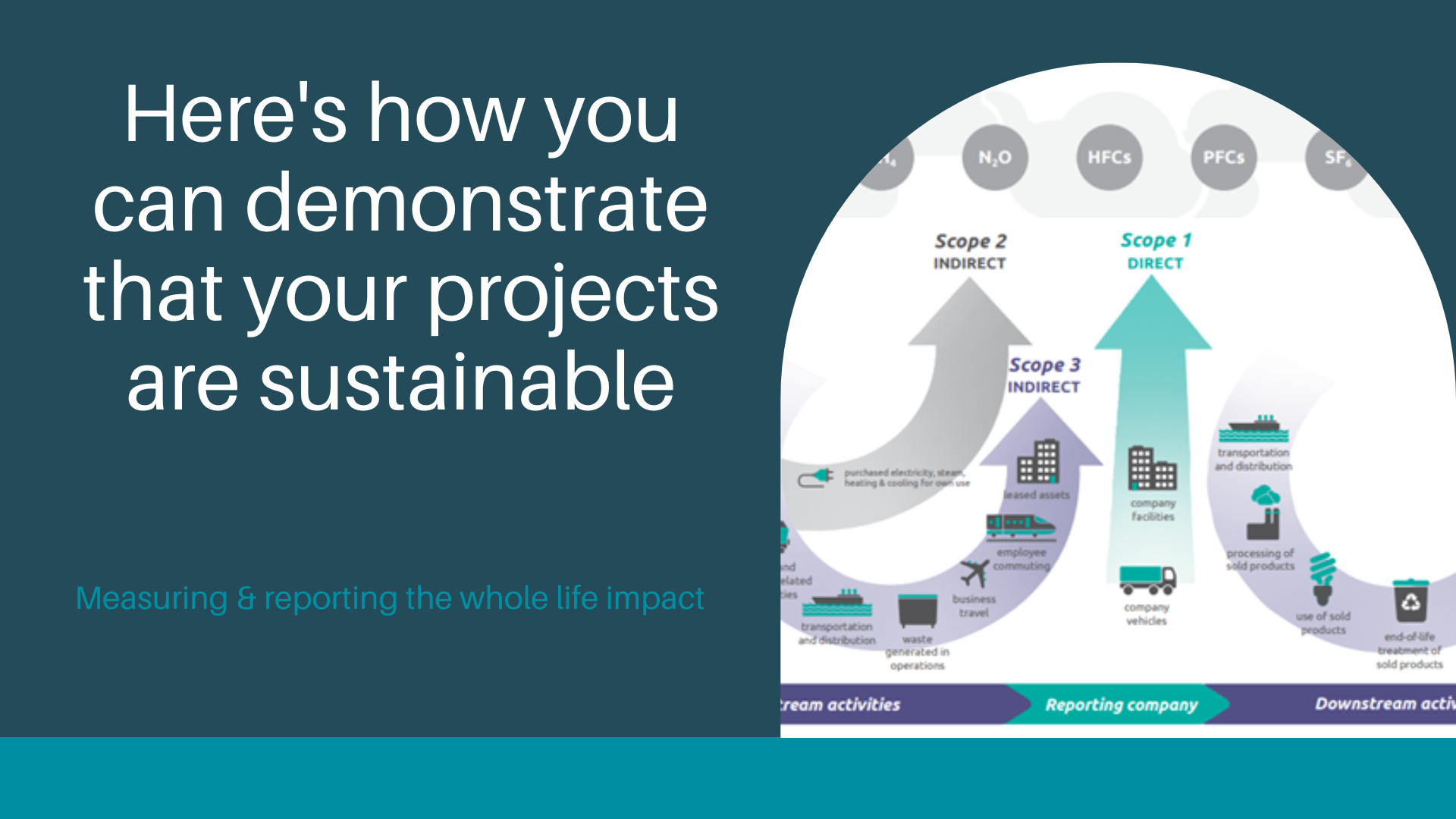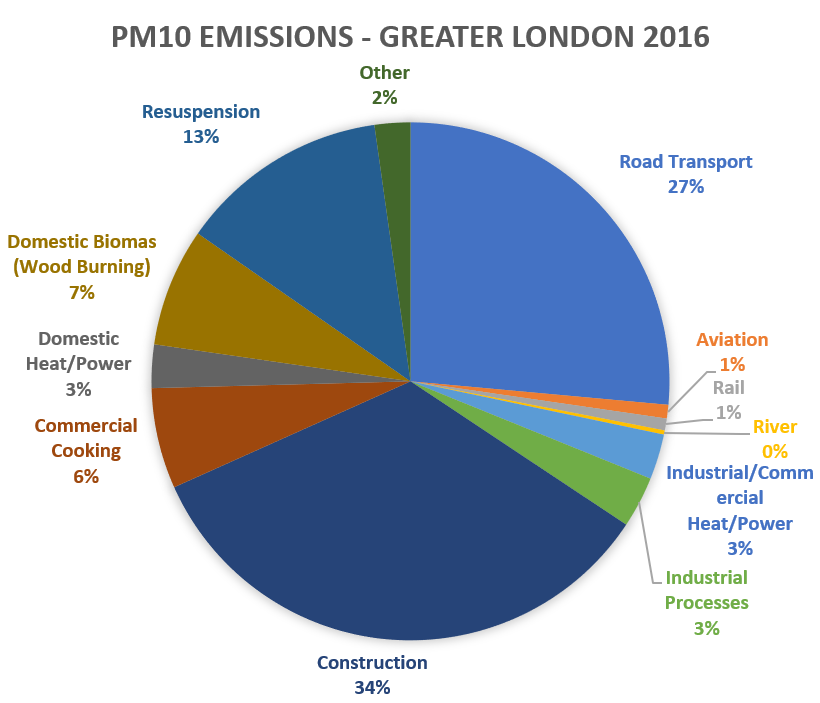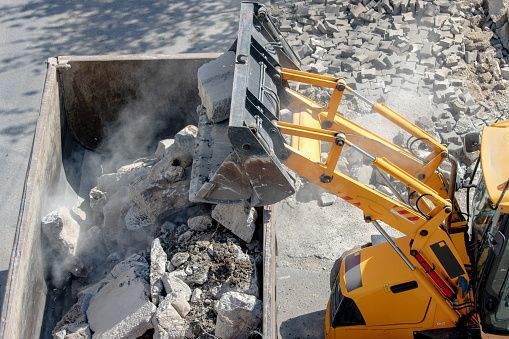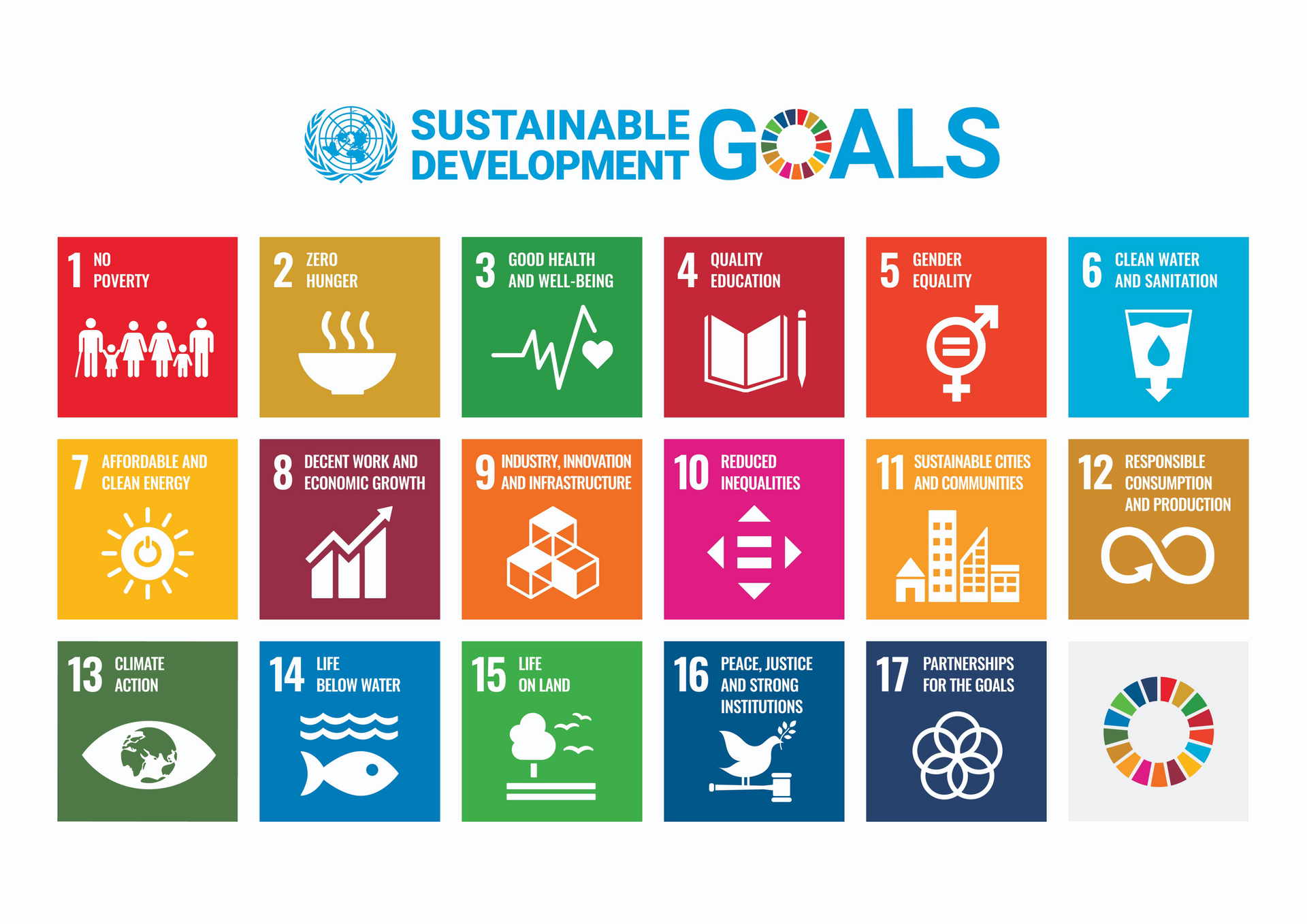
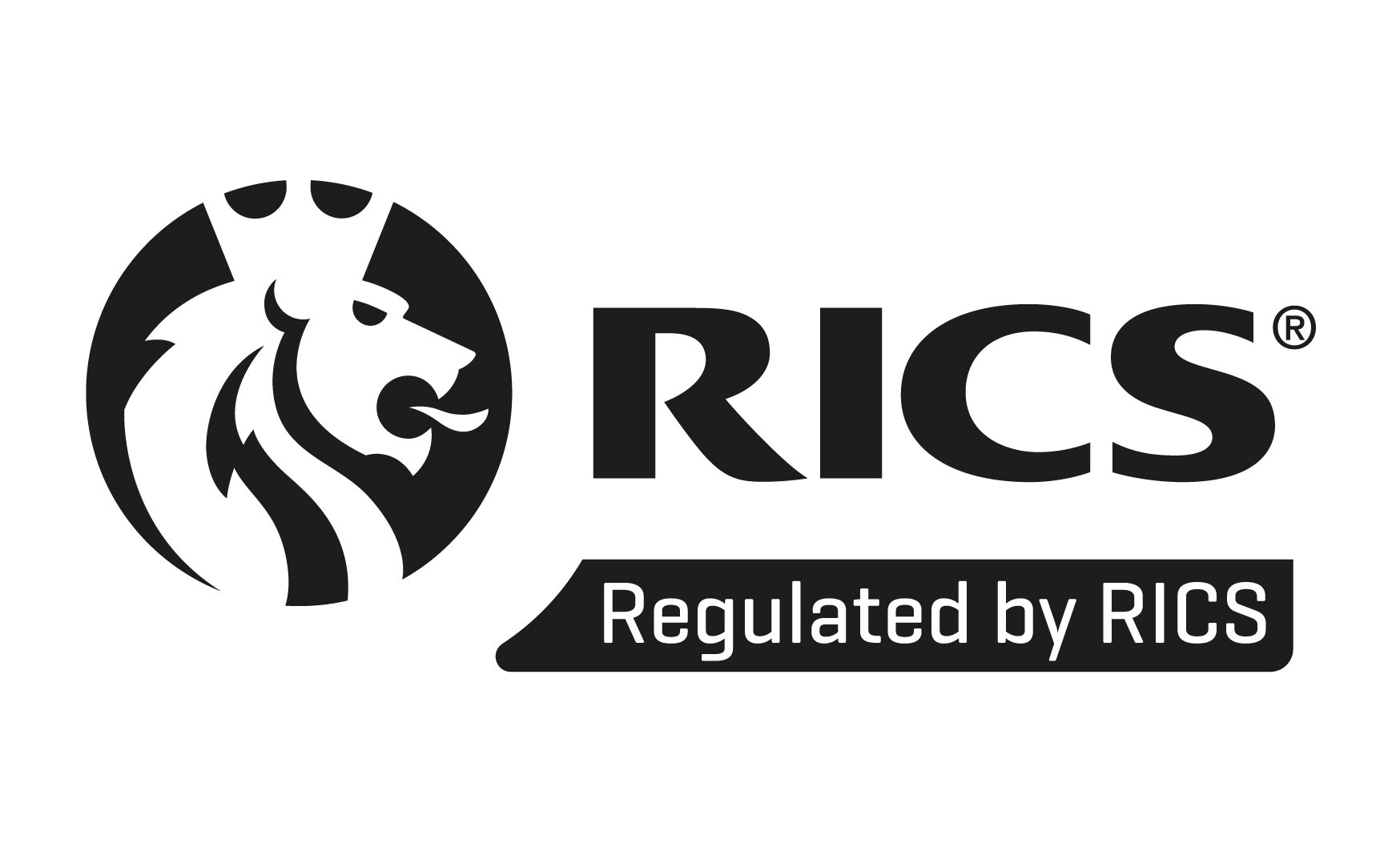
EV charger reliability - 2022
Which EV charging networks are the most reliable?
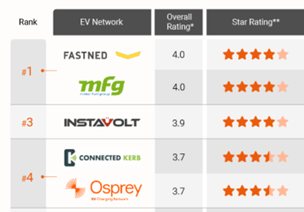
In early November 2022, EV-charging app ZapMap released its latest survey results to reveal the nation’s favourite (and least favourite) EV-charging networks.
The resulting league table shines an important light on the state of these networks, driven by the opinions of an important group of people – EV drivers.
Measures considered in the survey include satisfaction with the networks in five key areas:
· Reliability
· ease of use
· customer support
· value for money, and
· payment options
Each of these could in other words be summed under the commonly used term of “convenience”.
The survey summary identifies that the two networks awarded joint first place both scored highly for reliability and ease of use. Both of these are factors which we think are important for the public perception and desirability of the charging experience as part of the driver’s wider needs, and especially as the charging capacity available in the UK expands in the coming years.
Whilst the take-up of EVs has been quickly expanding in recent years, there comes a point when the mainstream population will become the next key target audience to transition to EV (and not just early adopters). Mainstream drivers have become used to a re-fueling experience which has evolved over the years to provide a considerable level of convenience and there is therefore an expectation that when they decide to add range to their vehicle, it can be done there and then, rather than finding that the infrastructure is not available. In other words, they find the networks reliable.
Just this same week, a BBC “Disclosure” documentary highlighted some of the notable reliability challenges which less favoured networks can experience and the impact this has on the driver experience, no matter how committed to a greener driving option they may be.
A closer look at the benchmark being set by the most highly regarded networks is therefore helpful.
Looking at the companies in the top 5, it is interesting to see how their offers meet with the traditional view of convenience, including reliability.
In joint first place are two companies. Firstly, Motor Fuel Group (MFG) who are the largest petrol station-owning company in the UK, accounting for around 800 or roughly 10% of all the nations petrol-filling stations (PFS). They have considerable experience of delivering company-owned convenience sites, with a wide range of complimentary offers to meet drivers' needs. It is perhaps not surprising therefore that they understand the experience demanded of the driving customer, not to mention the importance of a well-maintained estate and good reliability, as well as the established customer support which drivers have come to expect at petrol filling stations. They have committed to invest significant amounts of their own money to add the very fastest types of chargers to their established network, which will fit very neatly with their driver’s existing travel habits and routes. Given their significant share of the PFS market, this model could well be a useful beacon for other established convenience operators to follow, where feasible, sustainably making the most of existing built assets.
Also in joint first place are another company who have stated a clear ethos which is all about understanding their customers and delivering convenience. Dutch company Fastned (the clue is in the name) are starting to accelerate the growth of their network in the UK, again with an emphasis on the fastest types of chargers. They already have a large network across the Benelux region, as the start of their Freedom Plan, the key strands of which are focused on familiarity, speed and reliability. Their striking yellow and timber canopy design, whilst providing shelter, also suggests that they have a good handle on the need for efficient and sustainable site development.
Reliability and ease of use were also the key factors in Instavolt’s third place ranking. The coverage of their network, often in retail and roadside destinations, again playing to the existing habits of drivers, was also another factor in their popularity.
On-street charging provider Connected Kerb also score highly for reliability, but let down by payment options. They are in joint fourth place.
Also in joint fourth, Osprey have started to ramp up the delivery of their network in recent months including some sites with the clever load-balancing Kempower charger, which provides an optimised charging speed, whilst also featuring a neat and efficient design with features such as retractable wands which drivers will feel familiar with, and which should reduce faults and downtime.
For the networks at the other end of the table, zapmap highlights that reliability (or rather lack of) is one of the key factors.
As the Zapmap founder states “it’s clear that factors such as reliability and ease of use continue to be the most important in contributing to a good charging experience. These should be top priorities across all the UK’s public charging networks”.
No matter how cutting-edge your on-site installations are, every organisation needs a carefully thought through balance of cyclical maintenance, planned servicing and on-call provision to deal with the effects of everyday interaction on their charging sites, to maintain network reliability, and hence customer convenience.
Evenlode Roadside are providing a series of articles and insights looking into a number of considerations for achieving both best value, improved uptime and importantly customer satisfaction across maintenance. This is based on our multiple decades of experience of delivering for some of the world’s biggest forecourt and retail operators and also for multi-site estates across other sectors.
Please follow us and look out for our forthcoming articles and insights on these and other important topics on our website.
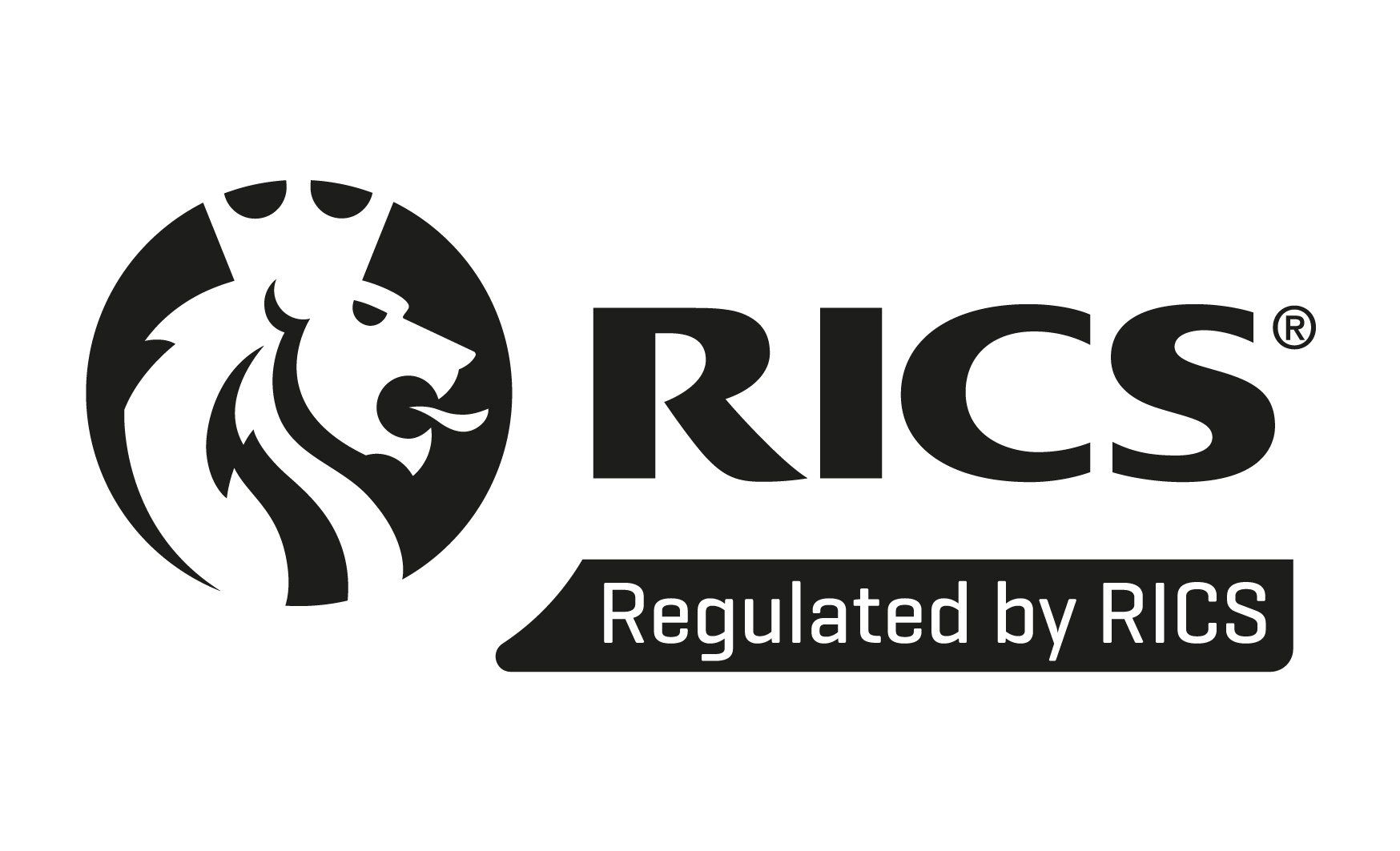
+44 01993 883 974
info@evenloderoadside.com
Evenlode Roadside is a trading name of:
Reese Procurement Limited
Registered Address
5 Minton Place
Victoria Road
Bicester, Oxon
OX26 6QB
